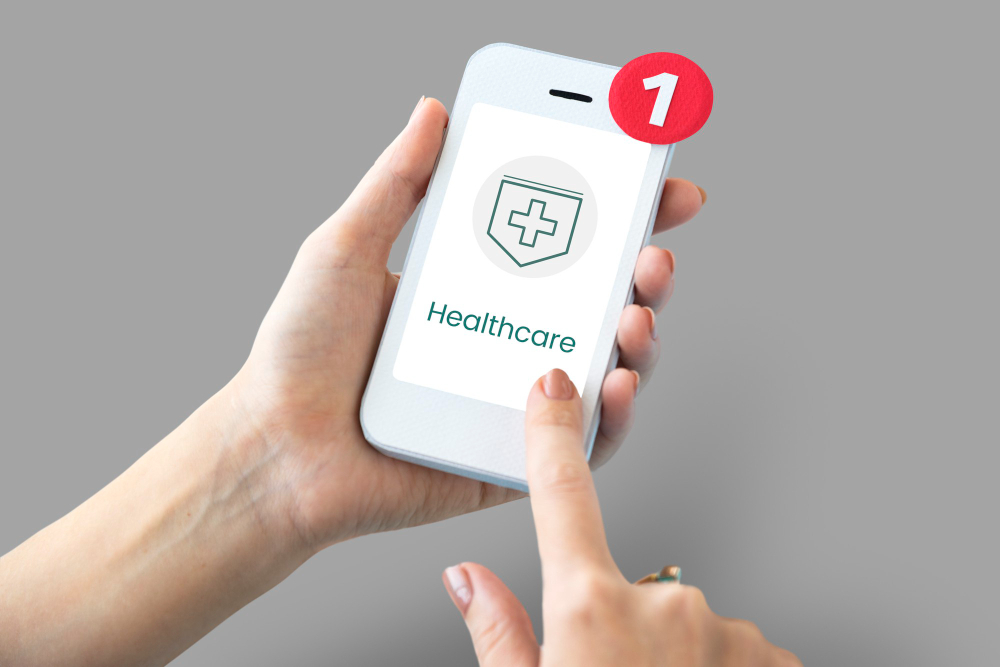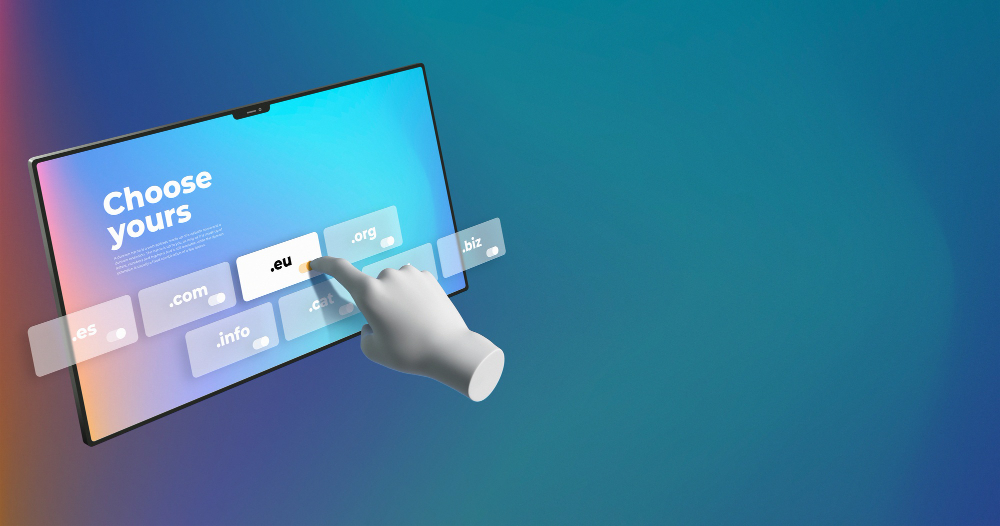Mobile Apps for Private Practice: Tips and Tricks for Success

The rise of mobile apps in healthcare is transforming private practice management and patient engagement. These apps enhance patient records management, scheduling, billing, and more, offering accessibility to healthcare providers and patients. Differentiating between practice management and patient apps is crucial, and they can work together to streamline practice operations. ClinicMind software offers a comprehensive solution, including EHR/RCM, credentialing, and insurance management, accessible through mobile devices, enhancing practice efficiency and patient care.
How to Keep Patients Engaged in Their Healthcare

Effective patient engagement in private practice is vital for improving healthcare outcomes. The challenges include patient passivity and the disconnect created by telehealth. Providers should leverage technology to facilitate patient engagement. Well-designed EHRs, patient management apps, and scheduling tools help build rapport and enhance patient involvement. Gathering feedback from patients is a valuable step to understand and improve engagement. ClinicMind offers a comprehensive practice management platform to streamline operations, giving providers more time for patient engagement.
How to Get Credentialed for Insurance

Credentialing for insurance coverage is a vital step when establishing a private practice. The process involves application, information verification, and contract negotiation with insurance providers. It typically takes 90-120 days to complete. Essential information includes NPI and CAQH ID, malpractice insurance, and tax-related details. A comprehensive practice management platform like ClinicMind streamlines credentialing, along with billing, scheduling, and other business aspects, allowing providers to focus on patient care.
How to Focus More on Patient Care

In private practice, focusing on patient care amidst administrative tasks is a challenge. To provide a more patient-focused service, doctors can utilize technology and automation. Outsourcing is an option for administrative tasks, such as scheduling and billing. Delegating work and integrating a practice management platform, like ClinicMind, allows for seamless operations. With EHR, billing, and scheduling in the cloud, healthcare professionals can concentrate on patient care. ClinicMind also offers billing, credentialing, and consultation services, making it a valuable practice management tool.
Content Strategy Tips for Private Practice Chiropractors

A solid content strategy is crucial for private practice chiropractors. Planning an effective strategy involves deciding on the types of content to create, including blogs, social media posts, email campaigns, eBooks, infographics, videos, and more. Positioning yourself as an industry expert is vital, and staying ahead of competitors by offering superior content is key. You can manage your content strategy in-house or consider outsourcing to professionals who can enhance your practice’s online presence and reputation. ClinicMind’s practice management solution can help streamline your operations, allowing you to focus on content marketing and patient care.
Blogging for Private Practice: Must-Know Tips and Tricks

Blogging is an essential part of content marketing for private practice owners like chiropractors. Planning an effective strategy is crucial, and considering whether to hire a professional to manage your blog is a viable option. To make the most of your blog, focus on relevant topics such as conditions, treatments, industry news, practice updates, and patient education. Blogging can help build your practice’s reputation and authority in the competitive medical field. ClinicMind’s practice management solution can streamline operations, allowing you more time for effective blogging and content marketing.
Taking Your Private Practice to the Next Level with a Website

Creating a website for your private practice is crucial. To make it an effective marketing tool, ensure you have essential pages like the homepage, about, and contact pages. Target local keywords with dedicated service pages for various treatments and locations served. Develop a strong call-to-action landing page to enhance conversion rates. Link to social media pages and offer an email newsletter to capture leads. Invest in content marketing by adding a blog section and keep your site updated regularly for maximum impact.
Promoting Your Private Practice with Social Media

Social media offers a valuable platform for healthcare practitioners to cultivate relationships, showcase values, and validate expertise. It can serve as an excellent recruitment tool to attract top talent. Employ organic strategies like using hashtags, posting original photos, and planning content in advance. Paid social media strategies can grow your following and drive website traffic, but they require research and adherence to best practices. Developing a strong social media presence takes time, effort, and consistency.
Navigating Self-Employment Taxes and Other Tax Issues for Private Practices

Understanding the tax implications of running a private practice is crucial for managing your finances effectively. Self-employment tax, payroll tax, and corporate tax are key considerations. It’s important to budget for self-employment tax, make quarterly estimated payments, and outsource payroll tax management for convenience. Additionally, explore deductions like the QBI deduction, professional organization fees, educational expenses, software costs, and office expenses to optimize your tax strategy. Consulting a tax advisor for guidance is advisable.
Public Relations for Private Practices

More than ever before, consumers are paying close attention to how businesses operate. This means every interaction counts, with both staff and patients, to showcase your practice’s culture and values. However, offering satisfactory service isn’t necessarily enough on its own to maintain a good image. At a time when anyone can make their opinion heard online, private practice owners need to be more involved in public relations than ever. This means managing interactions in person and online, and also keeping your eyes on social media, Google reviews, and the local news. Here’s what you need to manage your PR effectively. What are Public Relations? Public relations (PR) is the practice of managing how information is shared by your practice. While most of the information you share in PR engagements will be positive — like announcing a new team member or service — some will be negative, as would be the case with a security incident. In all cases, great PR will allow you to get the most benefit out of good events and minimize the impact of bad events. It’s worth noting that PR is different from publicity, although one often involves the other. Publicity generally refers to information that is published by external parties, which means you’ll have little to no control over it. Like PR, publicity can be both positive and negative. Properly responding to and handling publicity is a matter of good PR strategies. Strategies for Positive Public Relations As a private practice, you have the ability to impact your local community in countless positive ways. However, it’s easy for the public to ignore things like equipment upgrades when they don’t really see a direct benefit for themselves. Yet, failing to call attention to milestones, upgrades, and improvements in your practice can make it harder to cultivate a strong brand. For this reason, you should have multiple strategies in place for showcasing all positive PR things, big and small. Writing Your Own Press Releases One of the easiest ways to call attention to positive things you wish to announce is to make a press release for your website. This may be just 300-500 words long, but it’s a great way to let your website visitors know about it. You can then syndicate it yourself by posting it on social media and sending it to your email list. Getting Your Press Release Published If it’s a grand enough announcement or a slow news week, another positive PR strategy you can use is sending your press release to local publications. In fact, taking the time to contact your local newspapers and news stations is a great way to get the email address of whoever is in charge of managing press releases. Once you have that info, you can send your press releases to them directly and cross your fingers that they’ll put it in print. Being Featured on the News For particularly exciting announcements that impact the community at large (like the opening of a new location), you should go the extra mile and pitch the story to local reporters, too. While you might not score an interview or on-site segment, a mere mention of it will help call attention to your practice. From there, you can follow up by tagging the news network on social media thanking them to inform and remind your followers of the feature. Combating Negative Public Relations When a negative PR event occurs, your goal should be crisis aversion. You’ll rarely be able to escape a negative event without any impact but acting swiftly and empathetically can help you ensure the event is forgotten and forgiven as quickly as possible. Acknowledge the Event One of the worst things you can do when negative PR happens is trying to brush it under the rug. While you pretend like it isn’t happening, your audience will be waiting for a response, and silence can leave them thinking the worst about you. While you might think you’re calling more attention to the event, properly responding to the negative PR will help you minimize its impact. A great example of this is if a consumer posts a negative review about your practice online, perhaps chastising your team for canceling their appointment last minute. In this case, you could send a public response to their review and reach out to them directly with an apology. Depending on the event, you might even post a public apology to your social media page and website, preferably in video form. While you might not think that a certain event justifies such a big response, taking even small instances of negative PR so seriously will help showcase your practice’s integrity, which will go a long way in protecting and building your image. Be As Honest as Possible Misspeaking or lying in the wake of negative PR will only compound the problem. Regardless of what the negative PR is about, it’s essential that your practice handles it as honestly as you can within the constraints of confidentiality clauses or ongoing investigations. Telling your side of the story is an important part of addressing the situation. However, in addition to making sure you’re only telling the facts, you need to make sure you’re not accidentally disclosing information you shouldn’t. With that said, it can certainly be frustrating if you know that negative PR simply isn’t true, but you’re not allowed to share the proof that backs up that claim. For instance, maybe the review left by a disgruntled person saying you canceled their appointment was completely false. In this instance, you might feel like it’s your word against theirs, and the last thing you want to do is come across as dismissive or dishonest. Consulting with a lawyer will help you avoid potential problems when handling negative PR so you know what you can share and how. Create a Positive Spin When your practice makes a mistake, you have to own up to it. However, once you have sufficiently acknowledged the issue, apologized for it

